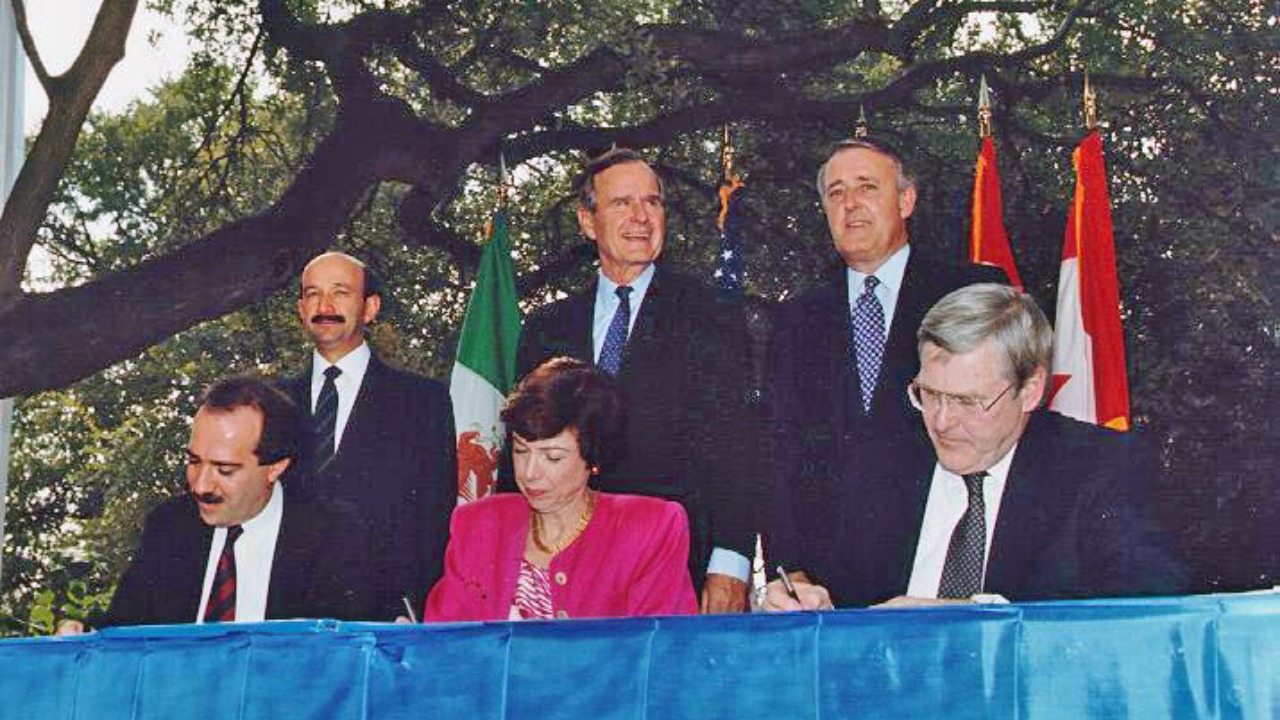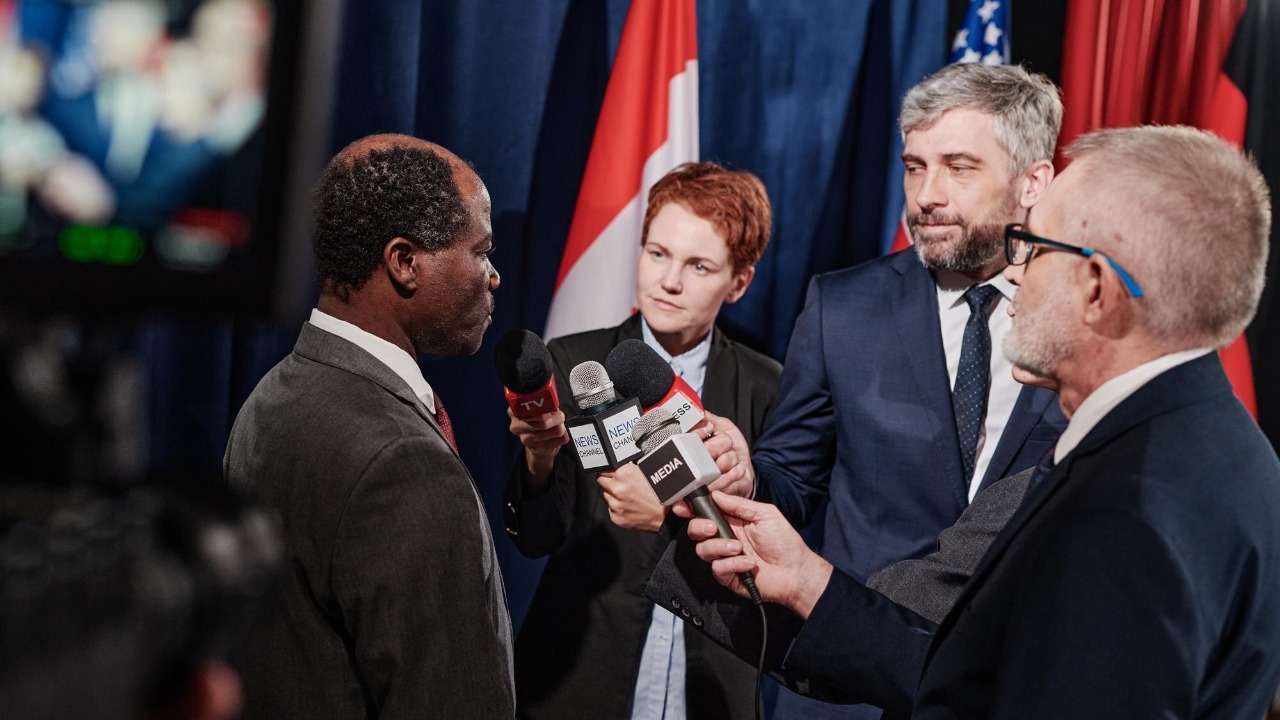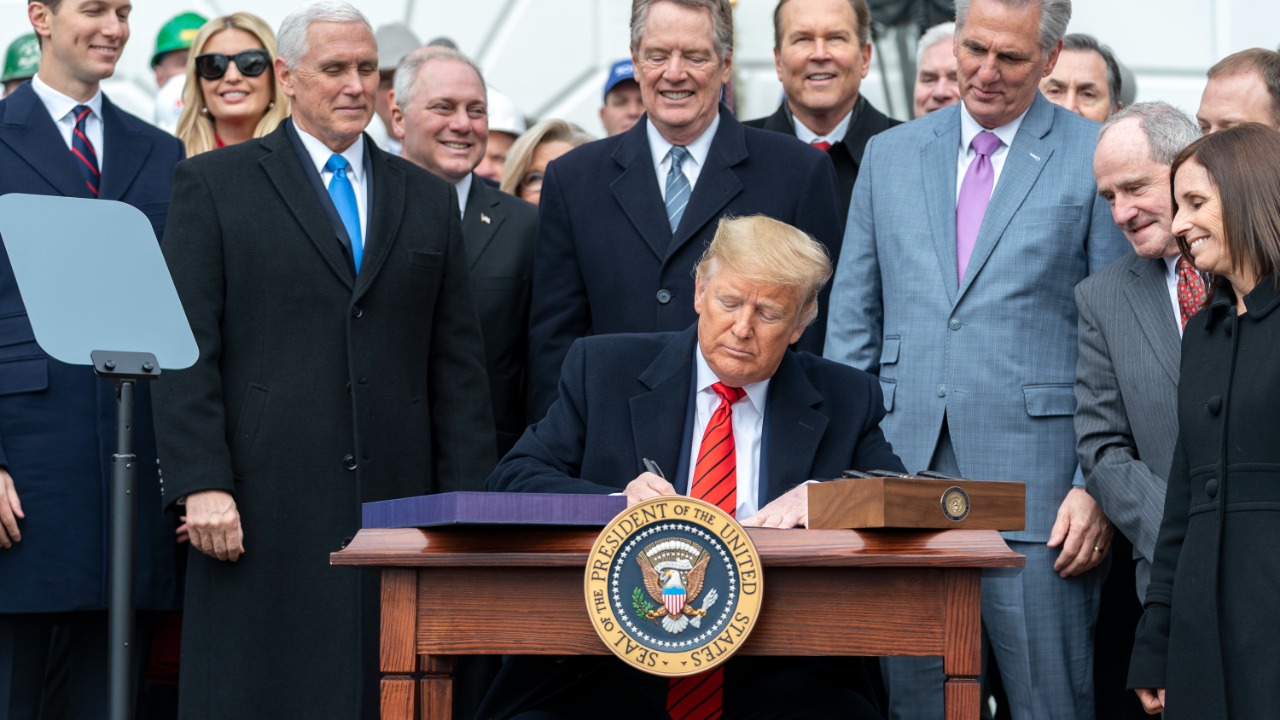
Mexico’s recent decision to delay the relief of auto tariffs has ignited debates among trade analysts and stakeholders. This development coincides with ongoing negotiations and geopolitical considerations, affecting the automotive sector and trade relations across North America. The delay poses significant implications for various industries, potentially reshaping the landscape of automotive production and trade dynamics.
Background of Auto Tariff Disputes

The trade relationship between the United States and Mexico has long been characterized by a complex web of agreements and disputes, with tariffs playing a significant role. The North American Free Trade Agreement (NAFTA), which was in effect until 2020, created a framework for tariff-free trade across the continent. However, tensions emerged when the US administration under President Trump threatened to impose additional tariffs on Mexican goods, aiming to renegotiate terms that were deemed unfavorable to American interests.
The auto industry, a cornerstone of North American trade, became a focal point of these disputes. In 2019, the US considered imposing tariffs on Mexican auto exports, citing concerns over labor conditions and trade imbalances. These measures were temporarily averted through agreements that included Mexico’s promise to enhance labor standards and other trade conditions. Stakeholders such as auto manufacturers, labor unions, and trade associations have since been closely involved in negotiations, seeking a balance between protectionism and free trade.
Reasons for the Delay

Several geopolitical factors have influenced Mexico’s decision to delay auto tariff relief. One major consideration is the shifting landscape of international trade, with countries reevaluating alliances and trade agreements in response to global economic uncertainties. Mexico, strategically positioned as a major automotive exporter, is navigating pressures not only from the US but also from emerging markets that are vying for a share in the automotive sector.
Domestically, economic considerations and political pressures are also at play. Mexico’s economy, still recovering from the impacts of the COVID-19 pandemic, faces challenges that require careful economic management. Delaying tariff relief could provide the government with more leverage in negotiations and help protect domestic industries. Externally, both the US and Canada exert pressure on Mexico to adhere to agreements and maintain a level playing field, complicating the decision-making process further.
Impacts on the Automotive Industry

The delay in tariff relief is expected to have both short-term and long-term effects on the automotive industry. In the short term, manufacturers and suppliers may experience increased costs due to tariffs, forcing them to reassess their supply chains and production strategies. Companies like Ford and General Motors, heavily invested in Mexican production facilities, may need to adjust their operations to mitigate these impacts.
In the long term, the delay could lead to shifts in production patterns, with manufacturers considering alternative locations to avoid tariff-related costs. This may prompt a reevaluation of the North American automotive supply chain, affecting not only Mexico but also the US and Canada. Industry players and trade associations have expressed concerns over the uncertainty and potential disruptions, urging for a swift resolution to avoid long-term damage to the sector.
Reactions from major auto industry players have been mixed. While some see the delay as a necessary step to ensure fair trade practices, others worry about the potential negative impacts on competitiveness and profitability. Trade associations, such as the American Automotive Policy Council, have called for increased dialogue and cooperation to resolve the issues and foster a stable trade environment.
Economic and Political Implications

The delay in tariff relief has significant economic implications for Mexico, potentially affecting its growth prospects and trade balance. As a major player in the global automotive market, Mexico’s economy relies heavily on exports, with the US being a primary trade partner. Prolonged tariff disputes could lead to economic slowdown, reducing investment and job growth in the industry.
Politically, the decision to delay tariff relief poses challenges for both Mexican and US leadership. In Mexico, the government must balance domestic interests with international commitments, a task further complicated by political pressures and public opinion. In the US, the administration faces scrutiny over its trade policies and their impact on American industries and workers.
The potential scenarios and outcomes of prolonged tariff delays vary. A protracted dispute could lead to a renegotiation of existing agreements or the establishment of new trade frameworks. Alternatively, a resolution could be reached through diplomatic channels, leading to a mutually beneficial agreement that addresses the concerns of all parties involved.
Future of Trade Relations

Looking ahead, the prospects for future negotiations and agreements between Mexico and the US remain uncertain. Both countries have a vested interest in maintaining a stable trade relationship, given their economic interdependence. Ongoing discussions are likely to focus on creating a framework that addresses the concerns of all parties while promoting economic growth and competitiveness.
International trade agreements and organizations, such as the United States-Mexico-Canada Agreement (USMCA), play a crucial role in shaping the future of trade relations. These agreements provide a platform for dialogue and cooperation, helping to resolve disputes and facilitate trade. However, the effectiveness of these mechanisms depends on the willingness of the parties to engage in constructive negotiations.
Experts and analysts offer varied predictions on the resolution of tariff issues. Some foresee a gradual resolution through diplomatic channels, while others anticipate more significant changes to trade policies and agreements. The outcome will likely depend on the evolving geopolitical landscape, economic conditions, and the political will of the involved parties.